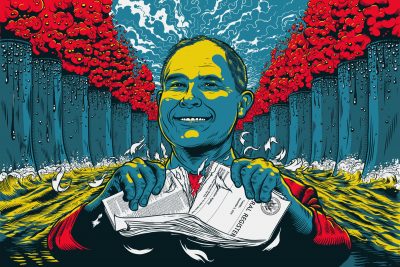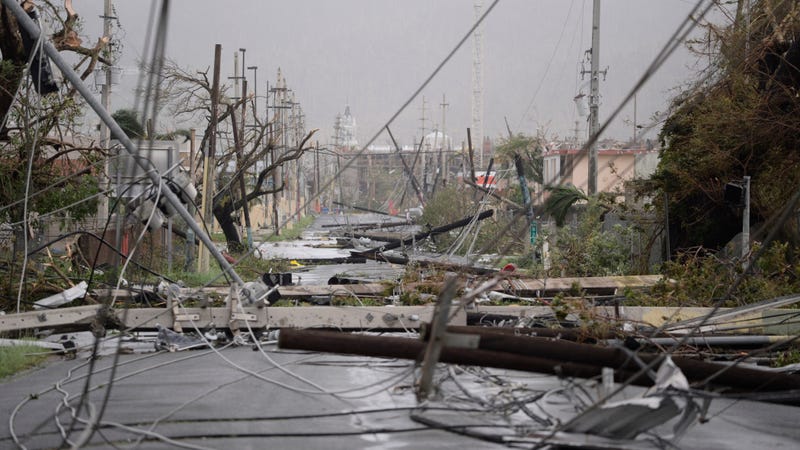 Last year ended with
momentum.
Last year ended with
momentum.
Flint—though still
dealing with dirty water— had put environmental justice back on the map. It was
no longer a topic tucked into academic papers and progressive media. National
broadcasters and newspapers descended on mid-Michigan.
Then the standoff at
Standing Rock. Tribes rallied. Then came activists. A large swath of society
was simply done being told that dirty energy was the future.
Another interesting
thing happened: The disparate justice movements—social, economic, criminal, environmental— started working together.
Then President Trump
took office. Led by EPA Administrator Scott Pruitt, the administration has
systematically undone environmental protections—and, in doing so, has rolled
back progress on stopping environmental injustices.
In a hard hitting op-ed this month, founding member of the EPA's Office of
Environmental Justice, Mustafa Santiago Ali wrote: "At a campaign stop in
2016, candidate Donald Trump asked African Americans, "What do you have to
lose?"
"After almost a
year with him in office, the answer is clear for people of color; we have
everything to lose," wrote Ali, now the senior vice president of Climate,
Environmental Justice, & Community Revitalization at Hip Hop Caucus.
Among the dozens of
scrapped regulations, Trump has overturned rules on harmful pesticides, methane
reporting, a freeze on coal leases and the calculation for the social cost of
carbon.
More rollbacks are in
progress, including: scrapping the Clean Power Plan, water protections, coal
ash discharge regulations and various vehicle emissions standards.
Though not yet rolled
back—the administration has signaled it will set its sights on mercury emission
limits at power plants, regulations at hazardous chemical facilities, and
limits on landfill emissions.
The administration has also taken far fewer
actions—civil penalties and forced retrofitting to cut pollution—against
polluters than previous administrations.
But, believe it or not,
there's a whole world out there beyond DC. Here are environmental justice issues
at home and abroad that we're tracking.
















